Pro Helvetia pursues ‘engaged neutrality’
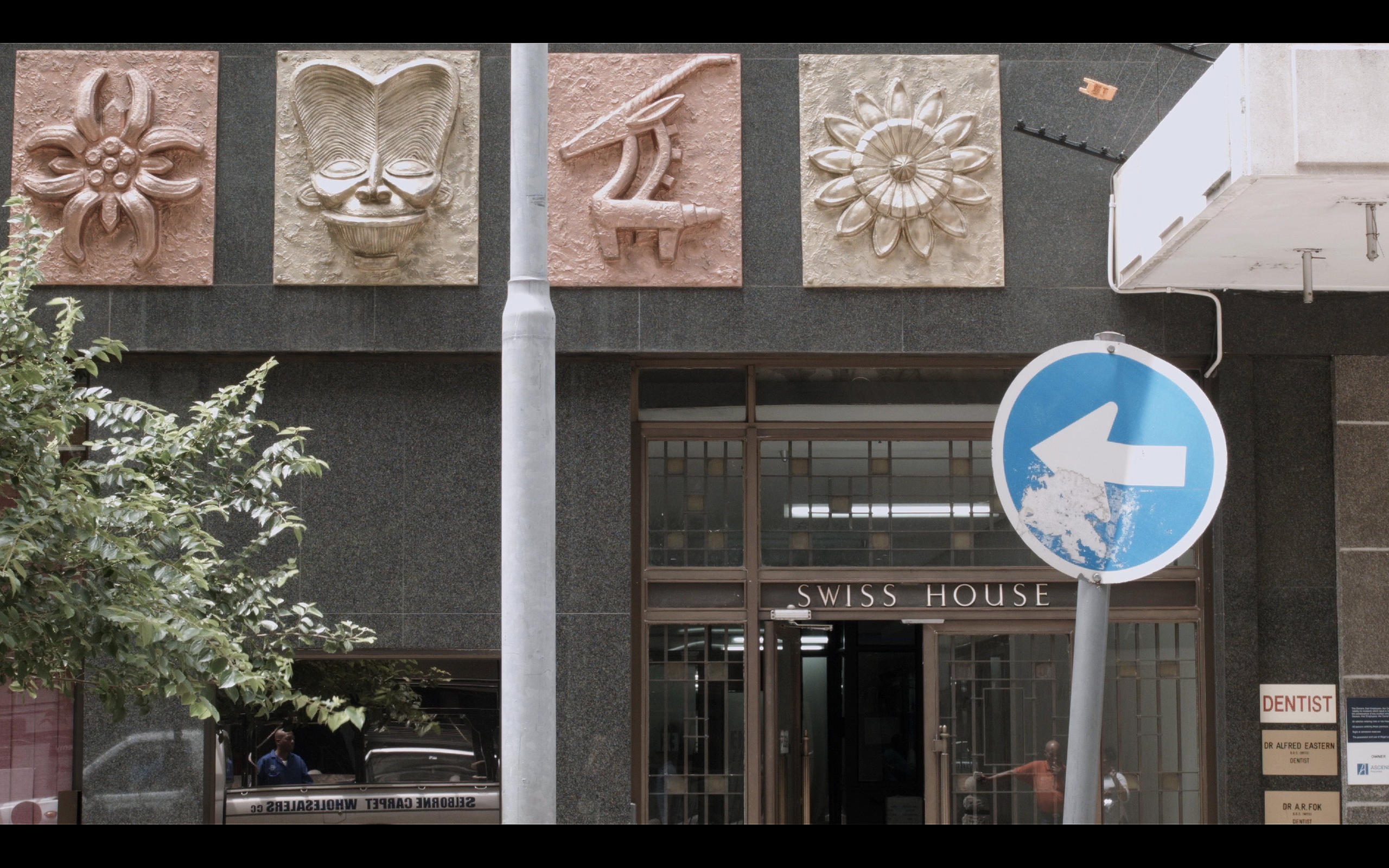
Switzerland’s cultural “tentacles” are active in practically all corners of the planet, and whenever the country is represented, a discreet logo is often quite visible in the credits: Pro Helvetia, the Swiss Arts Council. Its success worldwide is in part the result of a very particular strategy of cultural exchange, in which all its foreign offices are run by local professionals.
Next year Pro Helvetia marks 80 years since its foundation in 1939 – created as a working group to take care of the “spiritual defence” of the country against Nazi Germany and fascist Italy. Its official mandate, anchored in federal law, is now 53 years old – certainly not a round number for a jubilee, but Pro Helvetia has started 2018 with quite a few reasons to celebrate.
Since last November, Pro Helvetia has had a new director – the playwright and former head of cultural affairs in canton Basel City, Philippe Bischof. In addition, three of the foundation’s foreign offices are celebrating round anniversaries this year: Pro Helvetia’s Cairo office is 30 years, the Johannesburg office is 20, and the New Delhi office is ten.
There are also two more permanent offices, in Shanghai (opened in 2010) and in Moscow (opened in 2017), and a provisional one in São Paulo (Brazil), covering Latin America on an experimental basis since October 2017.
In the many interviews Bischof has given since taking charge, including to swissinfo.ch, he says the changes he aims to implement are more tactical than strategic.
He mentions the necessity of “having more focus” as well as “sustainable projects”. He’s also not afraid of working closer with the art market, as long as it doesn’t affect Pro Helvetia’s independence.
In the cultural world, these gestures effectively guarantee a certain stability in a strategy that has been continuously developed since the establishment of the first foreign office in 1988.
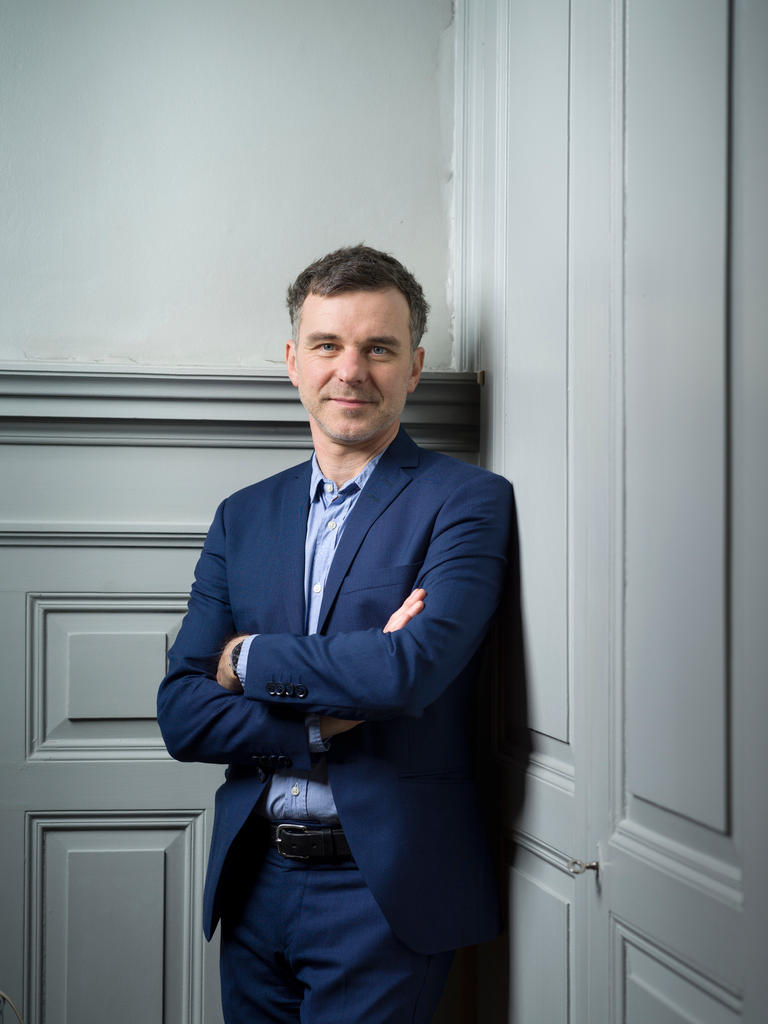
Local collaborators
A big chunk of Pro Helvetia’s support is provided abroad, and Philippe Bischof fulfills the necessary profile to run the foundation. A staunch cosmopolitan, Bischof doesn’t believe in national boundaries when it comes to culture.
“For me, art has always been a global language”, he told swissinfo.ch. “[What we do at Pro Helvetia] is not about Swiss art, but art made by Swiss, that’s what we fund here – and that’s a big difference”.
Pro Helvetia is an autonomous institution and not bound to any kind of government policy. Its foreign offices are quite lean – with five or six staff in each – and run by local citizens: there is not a single Swiss employee working in any of them. This contrasts with its British, German or French counterparts.
“This is one of our positive things, working with local collaborators, for they know the situations, they know the limits,” Bischof says.
Asked what it’s like working in countries with very tight government controls, for example Russia, he simply says the staff “know what’s possible and what’s not”. He denies this is a form of self-censorship. “We do what we are convinced of within certain frames,” he says.
‘Engaged neutrality’
The establishment of foreign offices outside the main Western cultural capitals (notwithstanding its presence in Paris, Rome and New York) preceded the hype of the so-called emerging BRICS countries – Brazil, Russia, India, China and South Africa.
When the first office was opened in Cairo in 1988, the regions outside the US-European or Soviet areas of influence were simply bundled together as the “Third World”. And although Pro Helvetia prides itself for being autonomous regarding any kind of official political agenda, its worldwide strategy followed the Swiss diplomatic efforts to engage with more diverse and “antipodal” cultures.
It is certainly a constant work of translation – another favourite term used by Bischof. Not just linguistic but also between different contexts and individual situations: a sort of “engaged neutrality”.
At “Crossroads”, a recent conference at the University of Basel organised by Pro Helvetia and the Swiss Agency for Development and Cooperation, many of the foreign cultural agents and artists praised the freedom Pro Helvetia enjoys and extends to its partners.
Those present at the conference said that, despite a few setbacks, failed initiatives and Eurocentric slips of tongue, Pro Helvetia is considered to be in a better position to work beyond the issues and conflicts generated by the post-colonial practices of its peers in other Western countries.
– 87.6% of Pro Helvetia’s 2016 budget of CHF 36.6 million (US$ 39 million) were used in cultural projects. At 12.4%, the share of the administrative costs is significantly below the government’s imposed limit of 15%.
– In 2016, Pro Helvetia approved 52% of the 4,600 proposals received, mainly in the fields of visual arts, literature, theatre, dance, music and interdisciplinary projects involving new media and technology.
– In 2016, Pro Helvetia supported 1,450 cultural projects in Switzerland spread over 200 municipalities in all four linguistic regions.
– In 2016, Pro Helvetia supported 3,900 projects abroad.
– For 2018, Pro Helvetia counts on a budget of CHF 40.3 million.
– The foundation employs 94 professionals, within Switzerland and abroad.
– Apart from the foreign offices, Pro Helvetia also runs the Centre Culturel Suisse in Paris and finances the cultural programmes of the Swiss Institute in Rome and in New York. Pro Helvetia is also active at swissnex office in San Francisco.

In compliance with the JTI standards
More: SWI swissinfo.ch certified by the Journalism Trust Initiative
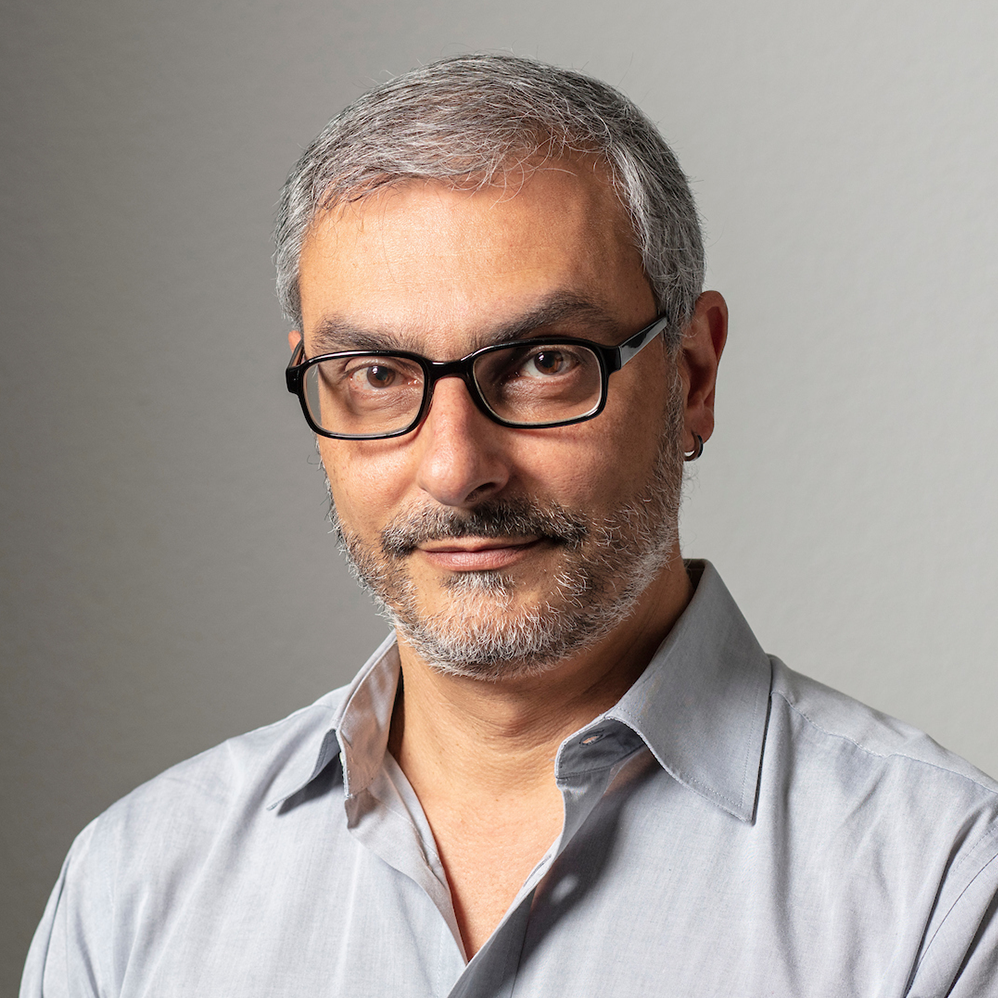









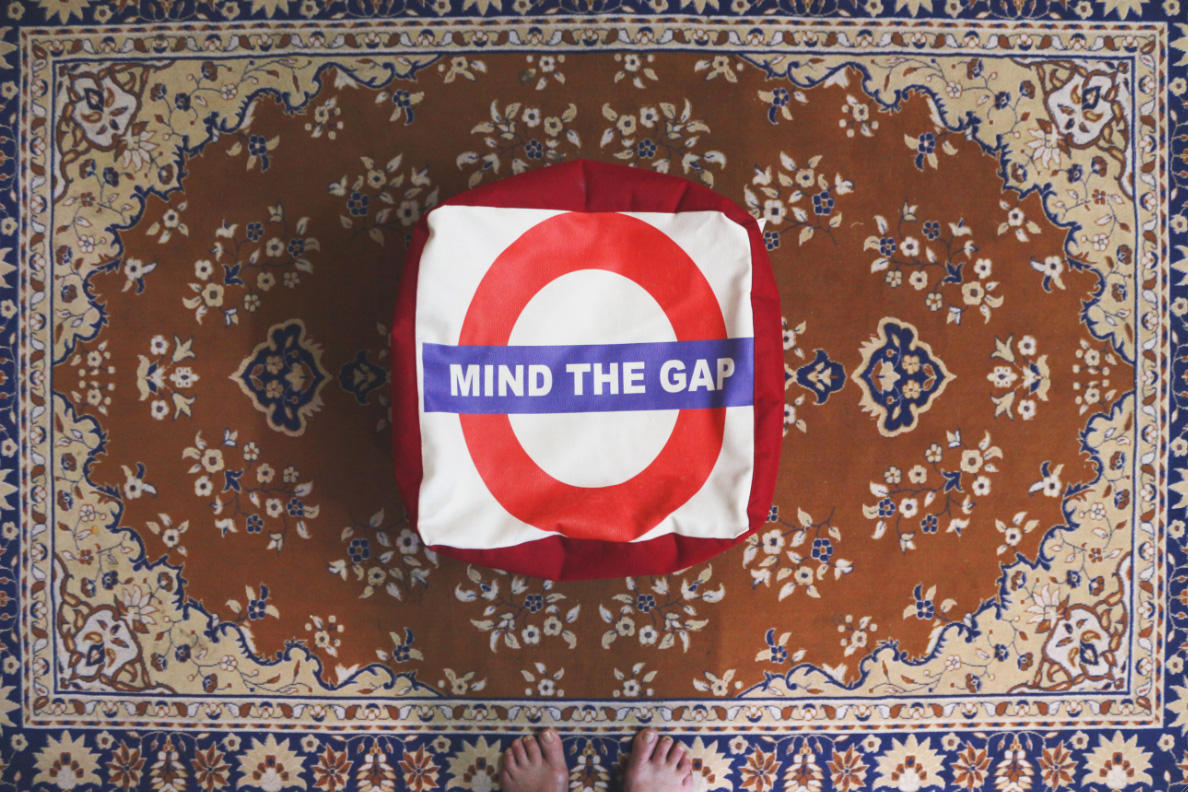

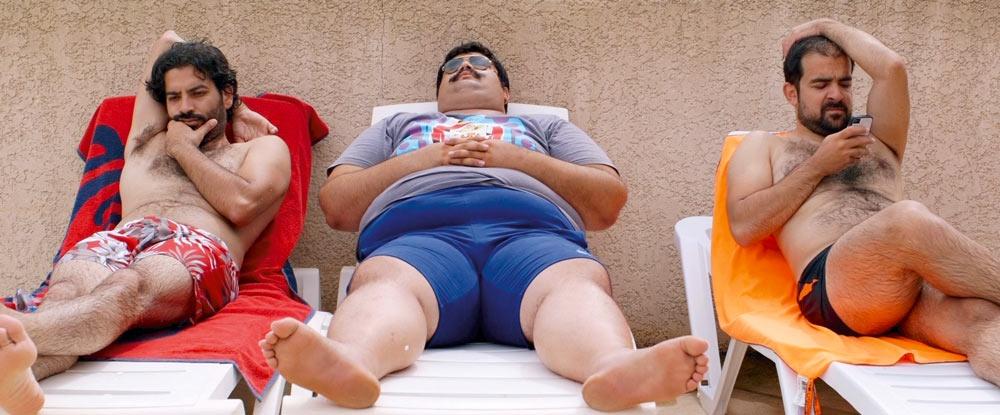

You can find an overview of ongoing debates with our journalists here . Please join us!
If you want to start a conversation about a topic raised in this article or want to report factual errors, email us at english@swissinfo.ch.